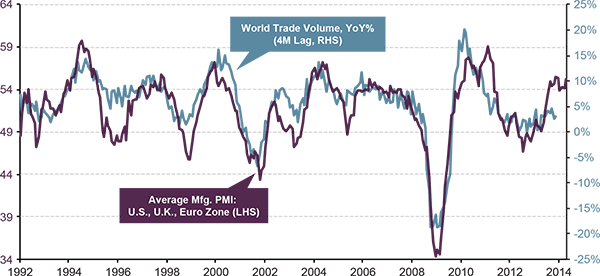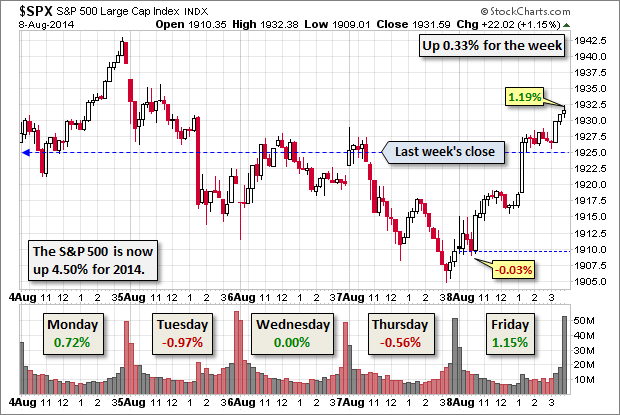Summers Revives Markets’ Unhealthy Fed Obsession MoneyBeat
Post on: 24 Июнь, 2015 No Comment

Larry Summers
Bloomberg News
Markets need their own stress test.
Just like European banks, which have avoided the kind of realistic tests of financial resilience that U.S. banks are periodically subjected to, stock and bond markets have spent most of the post-crisis years in the monetary equivalent of cotton wool. Sadly, the weekend news that former U.S. Treasury Secretary Lawrence Summers is bowing out of contention for chairmanship of the Federal Reserve reinforces that false sense of comfort and depletes the dose of reality that markets had been contending with over the summer.
Whereas bond yields had risen and stocks had wobbled in anticipation of a reduction in the Fed’s bond-buying program, the exit of Mr. Summers now has investors celebrating the prospect of Fed policy staying looser for longer. Stocks, bonds, precious metals and risk-sensitive currencies all rallied on the news Monday while futures markets moved sharply to reflect significantly longer dated bets on when the Fed starts to hike interest rates.
My concern is not that Fed Vice Chair Janet Yellen. now the odds-on favorite to succeed Ben Bernanke as Chairman, wouldn’t make a sound Fed chief or that there aren’t economic justifications for “quantitative easing,” of which she is thought to be a stronger supporter than Mr. Summers. It’s that the investor response reinforces the awkward relationship between the Fed and markets. Fundamental factors about underlying economic conditions are constantly being subordinated to the Fed’s distorting presence as a giant buyer of bonds.
One mark of that: the market’s response to the New York Empire State manufacturing survey for September, which earlier Monday came out significantly lower and more disappointing than expected. Bad news, right? Well, investors embraced it as another reason to buy, treating it as further confirmation that the QE punch bowl will be with them for a long time and in a mostly undiluted state.
Although most economists believe the Fed is going to taper its bond purchases on Wednesday, the consensus view now is that the cut won’t be any larger than $10 billion, or at most $15 billion – whereas previously it was seen moving in $25 billion increments. There’s also rampant speculation that the Fed will offset the perceived “tightening” impact of this modest cut in bond-buying by lowering the unemployment rate threshold at which it expects to start raising interest rates in the future, currently at 6.5%. What’s more, once this meeting is out of the way, many expect the Fed’s Open Market Committee to take to the sidelines for the rest of the year – the argument being that its members don’t want to politically complicate the transition to a new Chairman before Mr. Bernanke’s departure early next year and don’t want to upset markets during the all-important holiday shopping period.

All this entrenches a codependent relationship. Far more than when interest rates were its main policy tool when the effect on the real economy worked mostly through direct shifts in the short-term benchmark rates banks used to price many of their loans – the effectiveness of Fed policy under quantitative easing depends on cooperative markets. It makes the art of messaging – to bond investors in particular – all the more important. If bond yields get out of line from the Fed’s intentions, its officials try to talk them back to where they want them.
Ironically, the Fed is saved by the failure of its policies. The U.S. economy still isn’t producing enough jobs to generate the inflationary pressure that would demand tighter policy. But in the long run, the risk of this prolonged use of the QE crutch is that it becomes difficult to get markets back to a normal base without provoking a more violent correction. And at that point, the Fed’s integrity will be shot.
Don’t just take it from. None other than former Fed Governor Donald Kohn, the one person that could still be a contender to Ms. Yellen, told an audience at the Brookings Institution Monday that “very easy monetary policy often builds imbalances that… can’t be countered by regulation.”
– Follow Michael J. Casey on Twitter: @mikejcasey .














